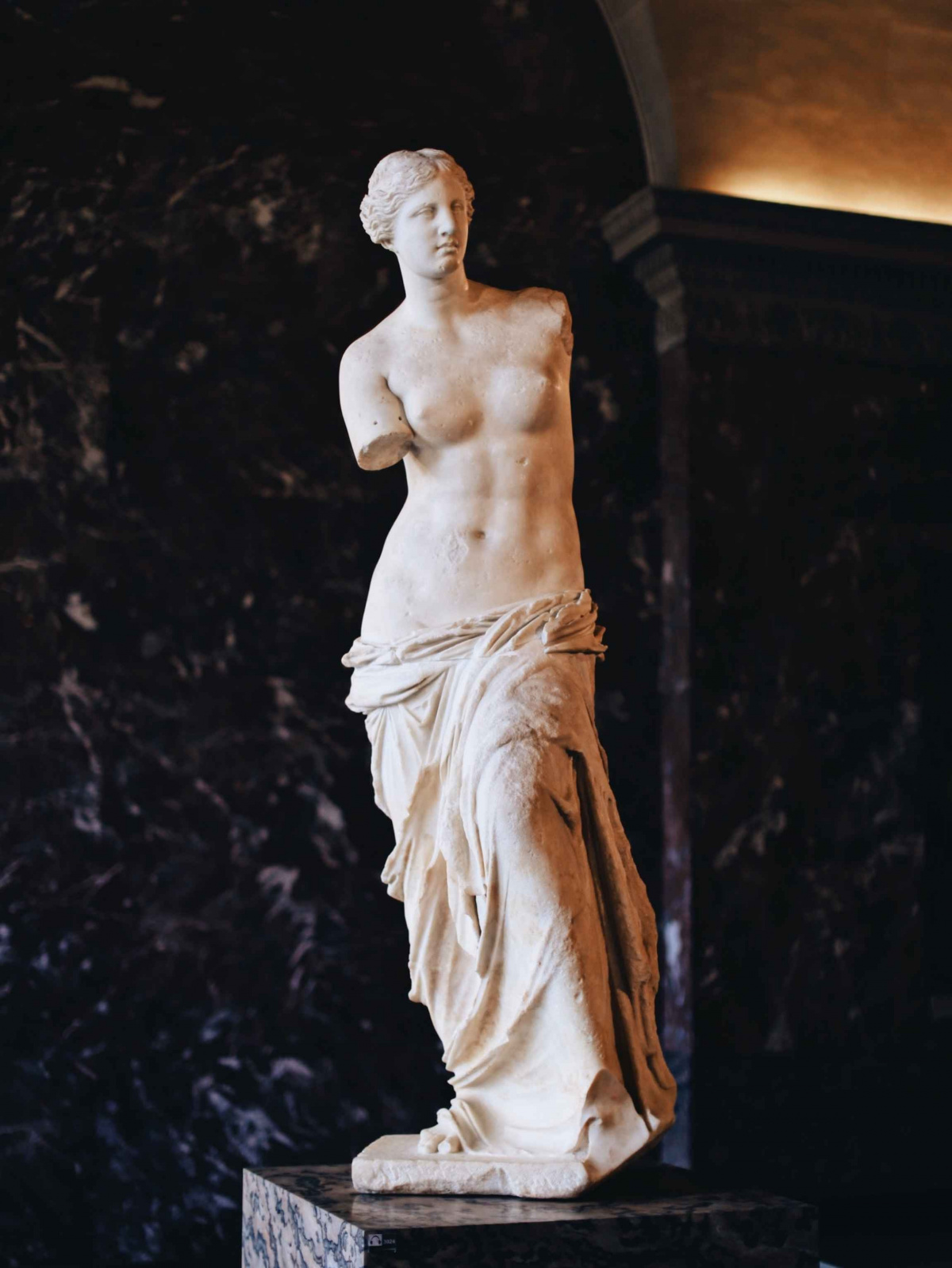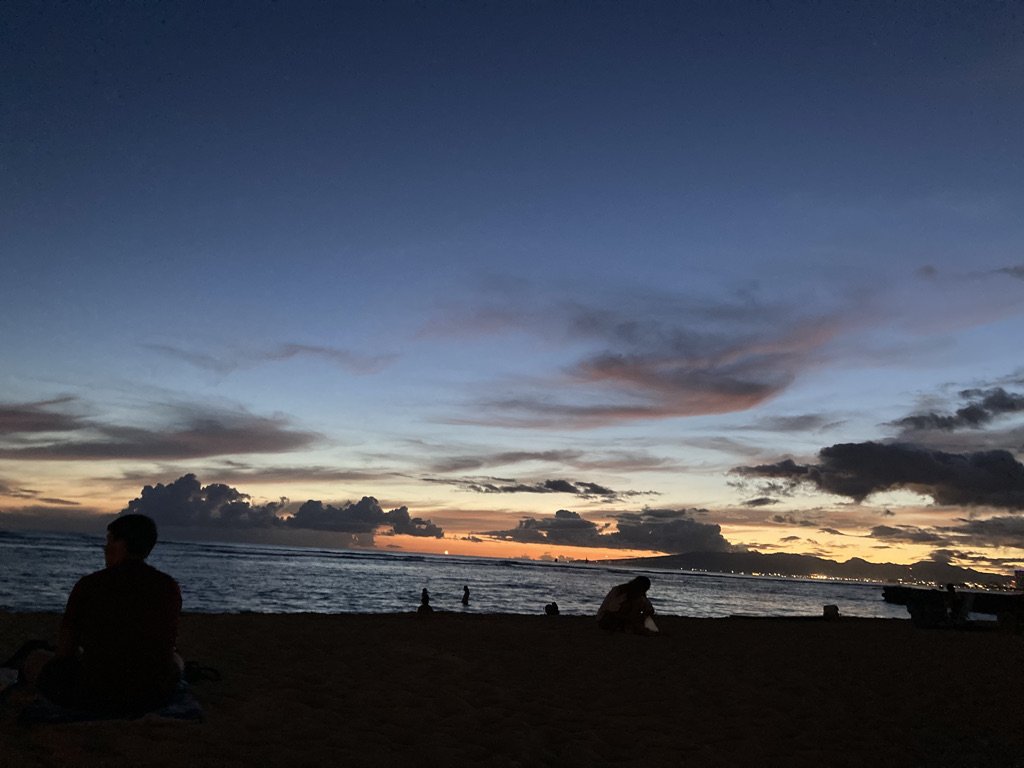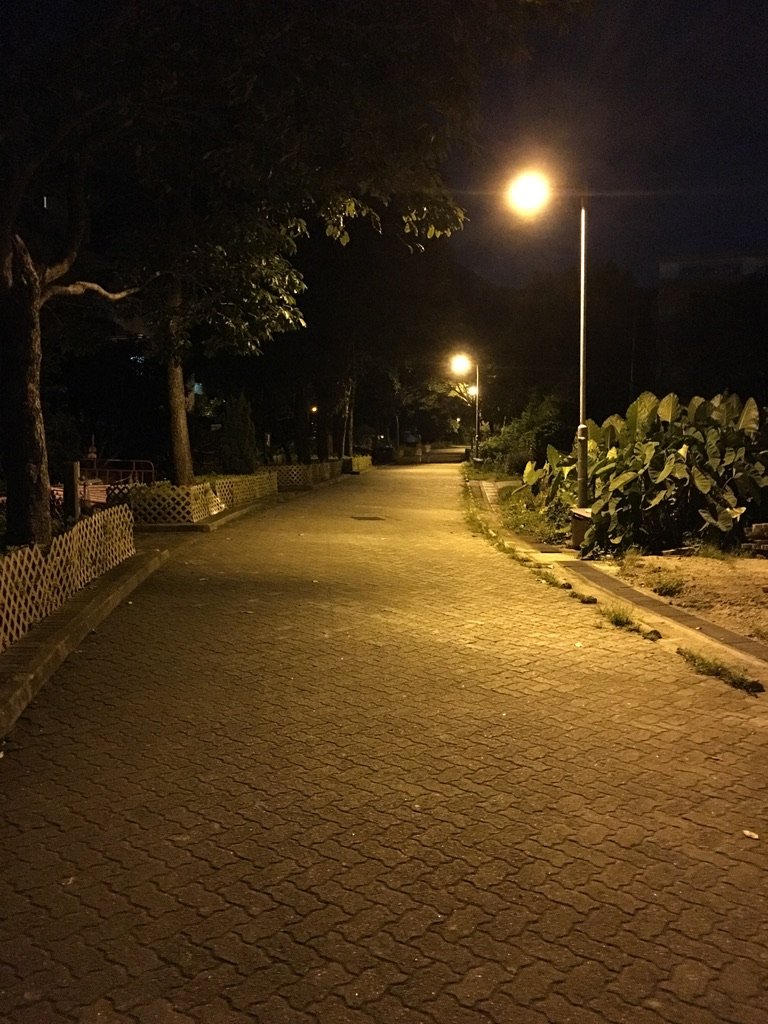How to View a Sculpture
I would like to explain a few ways that we can think about the practice of observation that might help us come to terms with the way we see ourselves within the construct of marriage and divorce.
Here’s the famous Venus de Milo (photo by tabitha turner) an ancient Greek sculpture displayed in the Louvre. She is a symbol of Western beauty. There are many tales surrounding her beauty and interpretations of her appearance. I am unaware of an Asian equivalent image of a woman that is as significant on a global scale. There’s a meta element to her existence as a sculpture that also interests me: the physical element that socially distinguishes an individual and determines personal navigation is the face, the next are one’s hands. What we move, carry, sculpt, shape, stroke, create, carve and more, determines what we do in the world. She has no arms, no hands, so we look at her body and face…but let me continue.
When I was sixteen my parents sent me to France for the summer to learn French. I stayed with an acquaintance of my father’s, a medical doctor’s family, which I did for a few weeks in their summer home in the south of France. It was eye opening for me: large meals of rabbit stew at noon, a Pink Floyd blasting grandmother, a tennis playing aunt with a deep tan wearing a bikini that displayed tufts of her pubic hair, and a bucolic estate replete with a vineyard and peacocks pecking about the front lawn. There were other teenagers, but I was an admittedly difficult teen, bookish, and easily bored and not the best social companion, and so, within a short period of time found myself alone on a train to Paris where I spent the remaining part of the summer attending classes at Alliance Francais. I was terribly lonely and wanted to return to the US, but refused to do so out of pride. Determined to stay on, I decided to be purposeful, and so I set myself the task of going to every single museum in the city.
As anyone knows, there are countless museums in Paris, but I covered many of them, an admirable ambition and a reflection of what I recognize now, as a sometime dutiful and obedient nature. I wandered about with my guidebook and recorded my observations in French in my journal as I downed cups of hot chocolate and cut my way through pastry after pastry. One day I met an older man—I no longer remember his name or even what he really looked like, although I seem to recall dark framed glasses and hair, and a leather briefcase. He saw me wandering around outside the Louvre, introduced himself, and then kindly proceeded to take me on a tour of the museum, pointing out significant art, and commenting in a way, I realize now that suggested someone with an abiding passion for art. After we drank coffee in a nearby cafe and chatted about what we saw, although I politely declined an invitation to meet him again. There are all kinds of ways we can read this encounter, but suffice to say the lesson he imparted to me that day about how to look at sculpture was probably one of the most significant I learned in terms of observation, one that I have carried with me and added to, and have passed on to students throughout my life.
When we look at a sculpture face-to-face or face-to-shape a single look from one angle does not suffice. Modern life is hurried, but when we slow down and look carefully, we experience art in new ways. To take in a sculpture in a way that evokes a relational response to the art and artist, we observe the piece from multiple vantage points, address the three dimensional material object at various angles. We might walk around it, do a 360 degree stroll. We squat down and look up, as if to be a small child beholding the world above. We reach out and touch it. Lean against it, if we can, press our own body against it, feel its surface. We stand up on our tiptoes and then look down upon the object. We tilt our head sideways and maybe even upside down. Most significantly, we look at the piece of art at different times of the day to observe how the shadows change, how the light and dark are cast across the shape, and note what this does to the object. The shadows tell a story. A sculpture does not look the same at dawn as it does mid-day. We must interact with it at different times, note the miracle of how it changes, to really see what the sculptor might have been communicating.
We too must allow ourselves to understand that the way we observe, define, any object, idea, institution, state of being, or whatever we encounter as humans, depends on our vantage point and may dramatically shift throughout the course of a day, over a number of years, as we weave our way through a lifetime. This perspective is derived from where we are physically, emotionally, or in time. How we see and why we see is fluid. It changes depending on the light or dark, on our moods and priorities, on what came prior or after.
Our responsibility then is always to understand, and if writing, to record and detail what we know when we know it, forgiving ourselves for what we cannot possibly see at the time we are observing, or if we dare say, participating, responding, or dancing with the art or idea. We might be generous to ourselves, allow ourselves flexibility as we move to a new insight closer into the seeing and knowing of how and why, nurturing or answering our questions as we linger and skip. It is impossible to take in all angles at once. Maybe there is a spot where we gaze beyond the sculpture, and so the object becomes framed within the background, or the object comes forward, the background receding. We touch the shape, feel its ease, roughness, and smoothness, its temperature and crevices. This moment is all that we take from the experience of looking at the sculpture as we remember it later, trying to recall and feel again what we felt. Somehow, removed from that moment, we feel a bit differently, and we say in our hearts that the art was more expansive at that time, at that place. Maybe it was. Or not. We have to have a little faith in ourselves, that where and how we are seeing at the moment is one perspective and it is fine, we are doing our best, we are seeing what it is we are supposed to see. When we look back at the moment, we are also doing our best, recalling what we can with all that we can muster.
Truly seeing art, understanding an idea, feeling, person, place, concept, requires us to be compassionate with ourselves. Seeing involves being seen–specifically, we must see who we were and are, and this will allow us to envision who we can be. Slow down. Take in the sculpture. Allow yourself to see. This practice of seeing will help you to see others and yourself.





